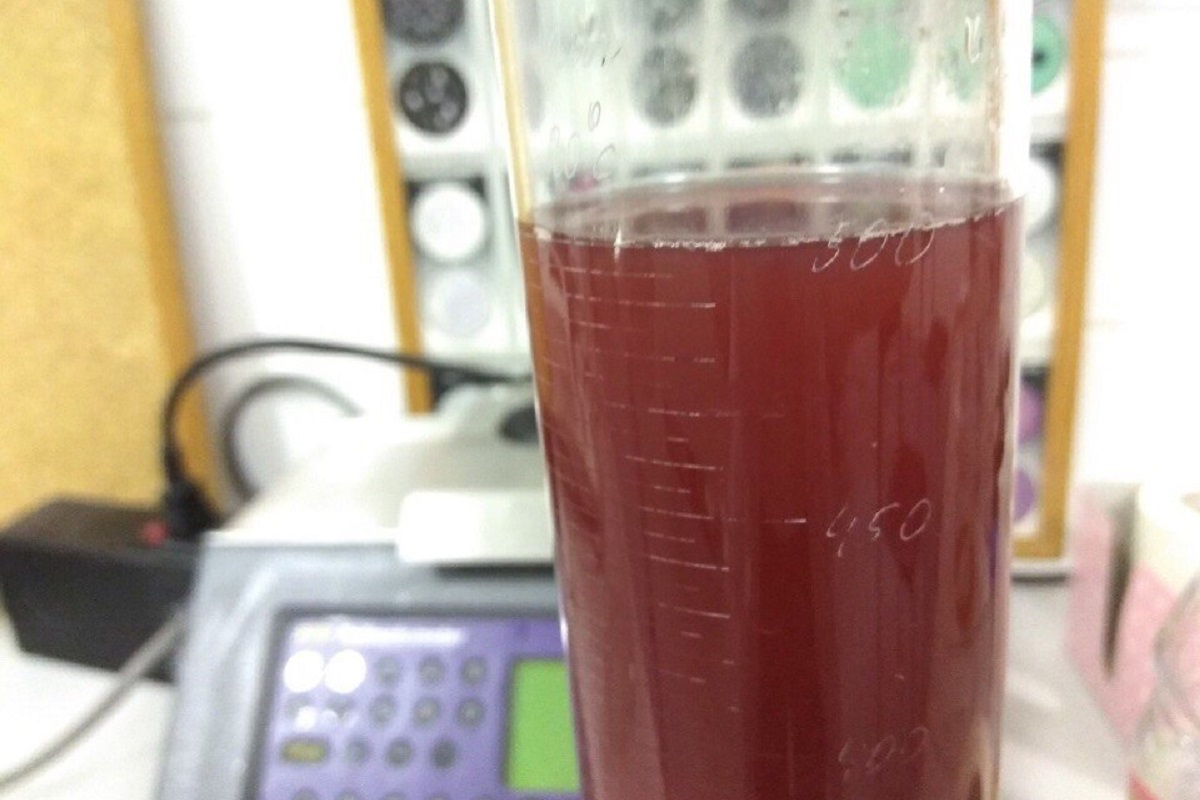Controlling alcohol cravings

Sergei Eresko, a graduate student at SPbU, and his peers from the Institute of Experimental Medicine and ITMO are working on a drink that can reduce the urge to drink alcohol. Its active ingredient (the South African cactus extract) blocks the ghrelin hormone that is responsible for the powerful cravings.
Among other ingredients is tea and berry and fruit juices that can boost your visceral brain that is a part of the brain that controls hunger and is responsible for addiction. The key ingredient of the drink is South African cactus extract from Kalahari that blocks the ghrelin hormone, or “the hunger hormone”. The plant is widely used to help lose fat, although the latest studies tell that it can be also used to overcome alcohol addiction.
“The ghrelin levels, in humans and animals in labs, are higher during the abstinence period, — said Sergei Eresko. — The more you are addicted to alcohol, the higher the ghrelin levels are when the hormone concentration is lessened. The substance triggers the processes that are similar to those the alcohol-addicted people have when they experience hangover: dizziness, trembling, weakness. Ghrelin indirectly activates the neurons in the brain and stimulates the urge to drink”.
Sergei Eresko first thought about how to make such drink several years ago when he studied at Novgorod University. As a young biologist, he had practical training in the Institute of Experimental Medicine in St Petersburg that focuses on mechanisms of addictions: alcohol, gaming, drug, and others. He included his research into his graduation paper and later, when he was enrolled on the master studies at SPbU, he won a competition UMNIK of the Innovation Support Foundation.
We must say that today the Institute of Experimental Medicine is carrying out research on how ghrelin influences addiction. The scientists have already synthesized a substance that suppresses the ghrelin hormone and blocks the receptors in the hypothalamus, a part of the brain that is responsible for the endocrine processes.
“We are testing the substance on animals in labs. Yet we need another 10-15 years of costly research to get it to the market, — said Senior Research Associate of the Department of Pharmacology at the Institute of Experimental Medicine Marat Airapetov. — We have tested a plant component that is an aqueous solution of cactus extract and revealed that it reduces the urge to drink in rats. The chemical blockade of receptors are definitely more effective, yet the effectiveness of the substance is statistically reliable”.
A drink is an easy way to boost nutrient absorption as the nutrients in liquids reach the brain more quickly. Our drink has good organoleptical properties: nice colour and flavor.
The scientific supervisor of the project, ITMO Associate Professor and Candidate of Engineering Sciences Natalia Matveeva
The active ingredient is incorporated into the functional beverage that is rich in vitamins and macro-elements and has energetic and probiotic properties. In Russia, there is no market of the functional beverages, yet this biologically active additive has every chance to become popular and useful.
“It is of intensive ruby colour, and it sparkles even brighter than the pomegranate juice, — said Artur Khasanov. — It is consists of fruits and berries and has nice fruit flavor. It is rich in nutrients that protect brain cells and increase the glycogen levels in liver”.
The researchers are testing the product to identify the period of its shelf life, which is estimated to be about 3-4 months as they don’t add any chemical preservatives.
“We are modelling a situation when the drink is aging quickly, — said Ksenia Ivanishcheva, a graduate student in ITMO. — Its shelf life definitely won’t exceed 12 months. Today the consumers are rather sceptic about the products with a log shelf life, especially when it comes to preventive care and healthy eating”.
The researcher are planning to carry out another series of experiments on the lab mice when the final version of the product is ready and test it on the volunteers as the product is made of plants and doesn’t have any side effects. The prospective consumers are ordinary people and hospitals. The researchers have already received a lot of enquiries from different people on how to overcome alcohol addiction.

